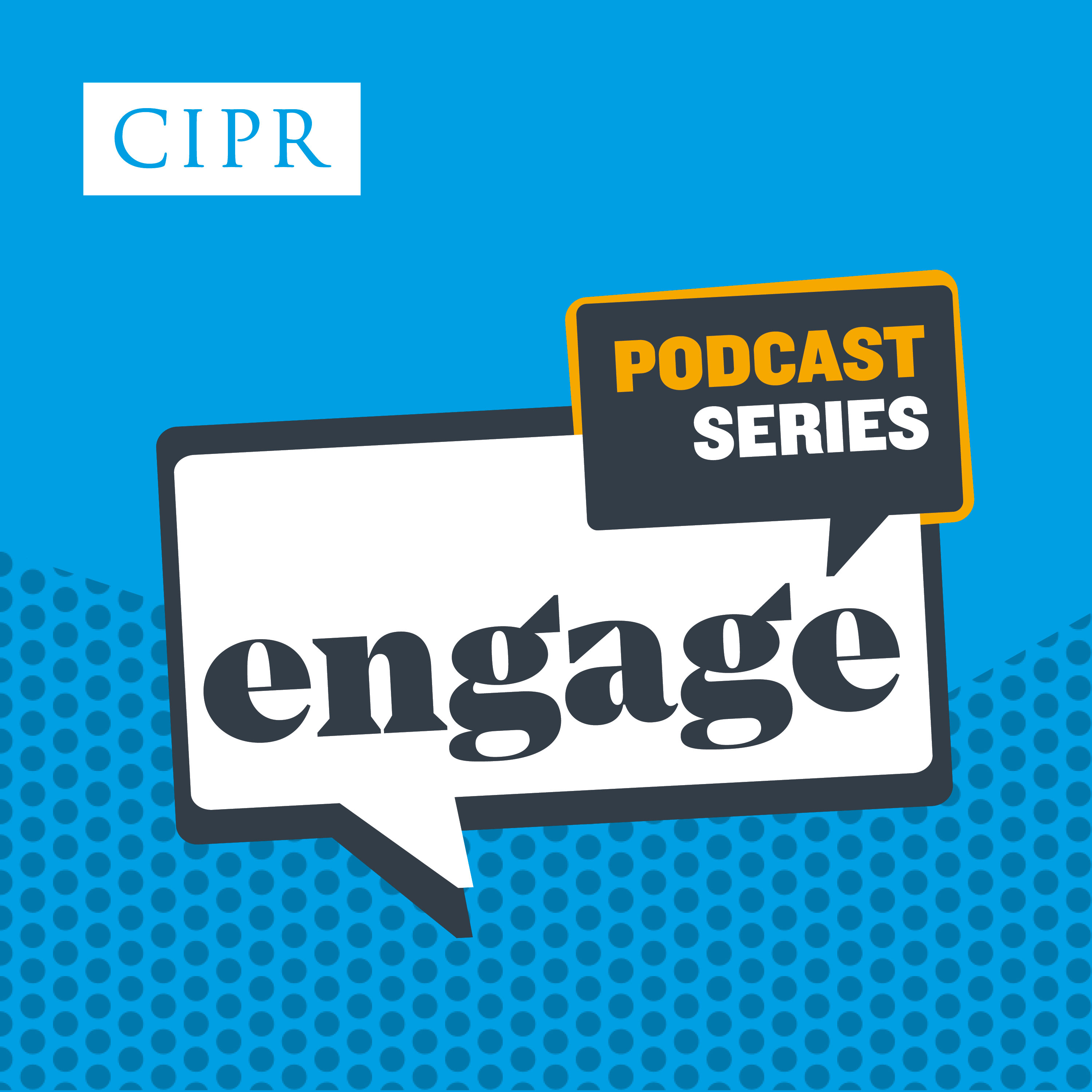
Bite Size Comms
Bite Size Comms is a weekly podcast that will give you a perspective on an aspect of public relations and communications practice. Bite size as they are short opinion pieces on topical issues. The episodes are sometimes contentious, sometimes funny, and they all aim to provoke thought.
Thanks for listening.
Bite Size Comms
"Talkin 'Bout a Revolution"
Trust in politics and politicians is low. The media story of the first 100 days of the new UK government has been dominated by freebies, gifts and money from companies and wealthy individuals. We look at the different rules on gifts that apply to officials and to MPs and Ministers.
“Talkin ‘Bout a Revolution”
Trust in politics and politicians is low. The Edelman Trust Barometer 2024 highted that government leaders were the least trusted group, after journalists, CEOs, NGO leaders, technical experts and scientists.
We have witnessed decades of scandals by government ministers and MPs from all political parties in the UK. Corruption can easily become part of politics when money is important in political campaigning. But there is also another side: privilege and greed.
The new UK government started running with new policies when it took power in July. They forgot the optics of a system they took as normal, but the public viewed it as corrupt. Freebies, gifts, money. That has been the media story of the first 100 days of the new government. Some MPs even see being a member of parliament as their second job after their more lucrative first role in business or as a barrister. Serving the public is a mantra that few seem to justify. As a former British diplomat, I have met many ministers and politicians. Very few of these were, in my opinion, doing the job because of a love of public service. Most did it for personal gain - financial or social status/ego. For a few others, to advance their political beliefs. The trust they have is with a small group of people who support them or their beliefs.
Why do wealthy individuals and businesses give gifts to politicians, especially government ministers? To win favours that advance that person’s wealth or business. Look at the list of significant gifters to politicians: tobacco/vape companies, betting companies and the Football Association (I am not sure why the FA gives millions to politicians every year). Elon Musk is transparent about why he has changed political parties in the US: to reduce regulations that impede his businesses. A short-term investment is needed to make more money in the long term. Public relations advances these business interests through its specialist area of public affairs. Giving money or gifts to politicians is a form of lobbying.
Alastair McCapra, CEO of the CIPR, recently called on the Labour Party to reform the lobbying rules to address the issue of public trust. This statement is worth reading.
Eliminating corruption is an important step in rebuilding trust in politics. MPs, including Ministers, believe that different rules apply to them. They feel privileged to have been voted into parliament. I assert that they are no different to other people working in the public sector. Let’s look at that in a bit of detail. As a diplomat 15 years ago, I had to make a written monthly declaration for any gift over the value of £5. A lunch paid for, for example. I had to physically give the Foreign Office any gift over £50 in value. A colleague was presented with an expensive watch on an official visit to a Gulf State. He had to give it to the FCO. He couldn’t refuse the gift, which would have offended the Gulf State ruler. What happened to the watch? That’s interesting. The FCO has an annual Christmas event to which select people are invited. The gifts are auctioned at this event, and the proceedings are given to UK charities. What a mad eBay-like event! Now consider the rules for MPs. All they have to do is declare the money or gift (which most do, eventually) and keep it. Regardless of the value. Different rules. The media travelling with a Minister on a foreign trip pay for their own travel and living costs. I also heard from a contact in high-value hospitality that micro-influencers are refusing free hotel stays or restaurant service nowadays. Micro-influencers are more ethical than MPs!
I suggest that the same rules should apply to MPs as officials. The general view should be that gifts are not acceptable. Only then can trust be rebuilt. “Talkin ‘Bout a Revolution” was a 1988 song by the singer-songwriter Tracy Chapman. She reflected on people's frustration with the system and its inequality, yet she left hope for a better future. Me too!
[Image: Jo Smiley Hailey on Unsplash]





